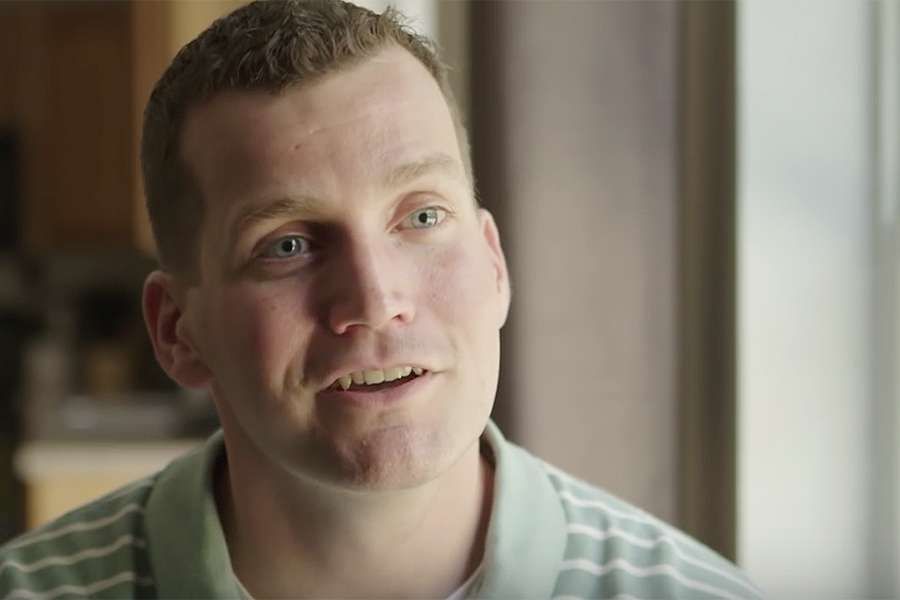Three years ago, J.J. Hanson received a diagnosis that no one wants to hear. He had terminal brain cancer, and doctors said his time was short — he likely had about four months to live. “The surgeon said my cancer was inoperable and three different doctors told me there was nothing they could do,” Hanson said.
He was diagnosed with glioblastoma, the same type of brain cancer that led Brittany Maynard to choose to take her life through assisted suicide in a high-profile case in Oregon in 2014.
“I would have easily met the criteria for accessing assisted suicide if I lived in a state like Oregon or California, where assisted suicide is legal,” Hanson said. “In a dark moment, I might have opted for it, but I am fortunate to have a supportive family, and was given the opportunity to pursue cutting-edge, experimental treatment instead,” he said. “Here I am three years later, enjoying the arrival of our second son and living life to the fullest.”
Today, Hanson is president of the Patients Rights Action Fund, which opposes efforts to legalize assisted suicide. The group is currently backing a Congressional resolution objecting to assisted suicide on the grounds that it puts all people at risk. “When assisted suicide becomes accepted public policy it threatens the lives of everyone, especially the poor, elderly, mentally ill, disabled, and terminally ill,” he said.
“Why? Well, for starters, abuse is unavoidable and doctors are fallible. Assisted suicide policy also injects government insurers and private insurance companies with financial incentives into every single person’s end of life decisions.”
House Congressional Resolution 80, proposed by Rep. Brad Wenstrup (R-Ohio) on Sept. 26, has nine co-sponsors from both parties. Besides Hanson’s group, other supporting groups include the National Council on Independent Living, the Disability Rights Education & Defense Fund, Not Dead Yet, ADAPT, and Physicians for Compassionate Care Education Fund.
Rep. Wenstrup and the resolution’s sponsors said doctor-assisted suicide “undermines a key safeguard that protects our nation’s most vulnerable citizens, including the elderly, people with disabilities, and people experiencing psychiatric diagnoses. Americans deserve better.” “When governments support, encourage, or facilitate suicide — whether assisted by physicians or others — we devalue our fellow citizens, our fellow human beings,” the legislators said. “That should not be who we are.”
The proposed resolution says that assisted suicide “puts everyone, including those most vulnerable, at risk of deadly harm and undermines the integrity of the health care system.” It notes that the purported “safeguards” limit the laws to patients with a prognosis of six months or less to live, but such people “outlive their prognoses every day.”
The federal government “should ensure that every person facing the end of their life has access to the best quality and comprehensive medical care,” including palliative or hospice care, says the resolution. It says the federal government “should not adopt or endorse policies or practices that support, encourage, or facilitate suicide or assisted suicide, whether by physicians or others.”
States with legal assisted suicide have come under criticism for lacking adequate safeguards to protect those who are depressed or pressured into requesting assisted suicide. Reporting standards for assisted suicide are substandard, according to the resolution. It also objects that some states require physicians to conceal assisted suicide and to list the cause of death as the underlying condition. It adds that the low cost of lethal medication will make it more likely to be recommended to disadvantaged and vulnerable people.

